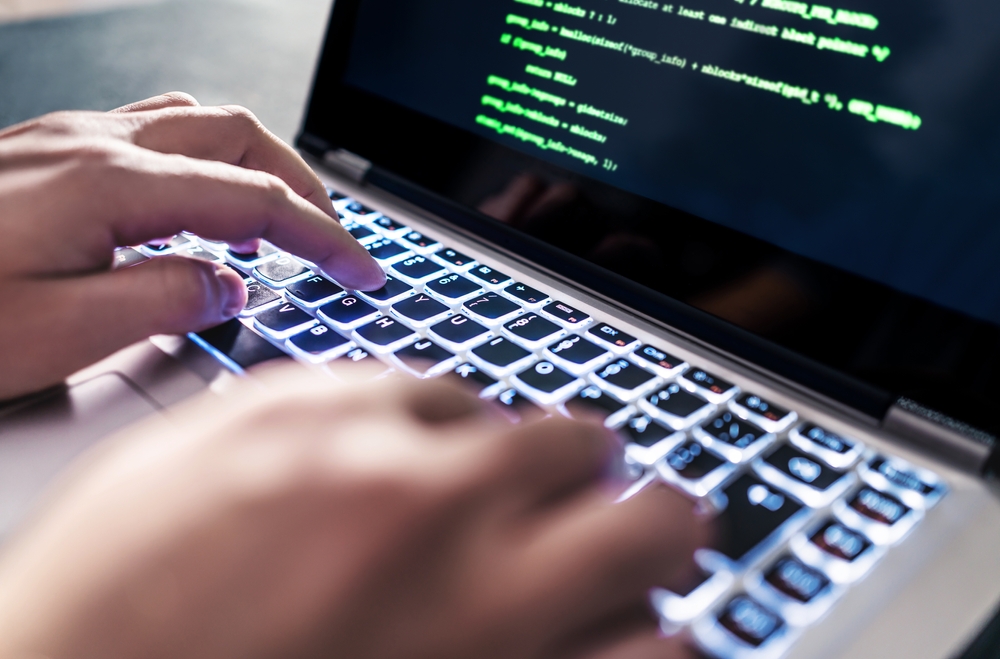
In a dramatic trial unfolding in London, two teenagers are facing charges for their alleged involvement in hacking several major companies, including NVIDIA, Rockstar, and Uber. The defendants, identified as 18-year-old Arion Courtay and an unnamed 17-year-old, are accused of serious computer misuse, blackmail, and fraud. Authorities suspect their association with the hacker group known as Lapsus$.
According to the prosecution, Arion Courtay and his co-conspirators breached the systems of Revolut, Uber, and Rockstar Games in September of last year. Remarkably, these illicit activities occurred while Courtay was already out on bail for unrelated charges. It is further alleged that Courtay, along with other unidentified members of Lapsus$, is responsible for stealing commercial code and video content from the latest installment of the widely popular Grand Theft Auto game. The prosecution claims that Courtay posed as a contractor for the company and played a key role in the attempted hack and subsequent blackmail for a reward.
However, a significant development in the case emerged when Arion Courtay was deemed medically unfit to stand trial. This decision places the responsibility on the jury to determine Courtay’s involvement in the alleged crimes rather than his guilt. If found responsible, he will avoid imprisonment. The trial is expected to last for eight weeks. In contrast, Courtay’s 17-year-old accomplice has already pleaded guilty to some of the charges leveled against them.
One notable charge revolves around the joint hacking of NVIDIA. In February 2022, the defendants seized control of the accounts belonging to two contractors, gaining access to confidential company data, including valuable software secrets. The hackers managed to steal nearly a terabyte of data from NVIDIA, subsequently releasing a portion of it publicly. To amplify their demands, they threatened to unveil the remaining data unless a ransom payment was made.
Prosecutors have asserted that the police were able to trace the hacks back to the teenagers through various means, including IP addresses, emails, mobile devices, and Telegram accounts. Additionally, the defendants’ penchant for online boasting about their hacking exploits further compounded the case against them. While Courtay has been described as “highly competent and even brilliant,” it appears that his teenage impulsiveness led him to succumb to the temptation of bragging.
As the trial proceeds, the court will meticulously examine the evidence presented, including the digital trail connecting the defendants to the alleged crimes. The outcome of this trial will not only determine the fate of the teenagers but will also shed light on the challenges posed by cybercrime and the necessary legal measures to combat it effectively.


